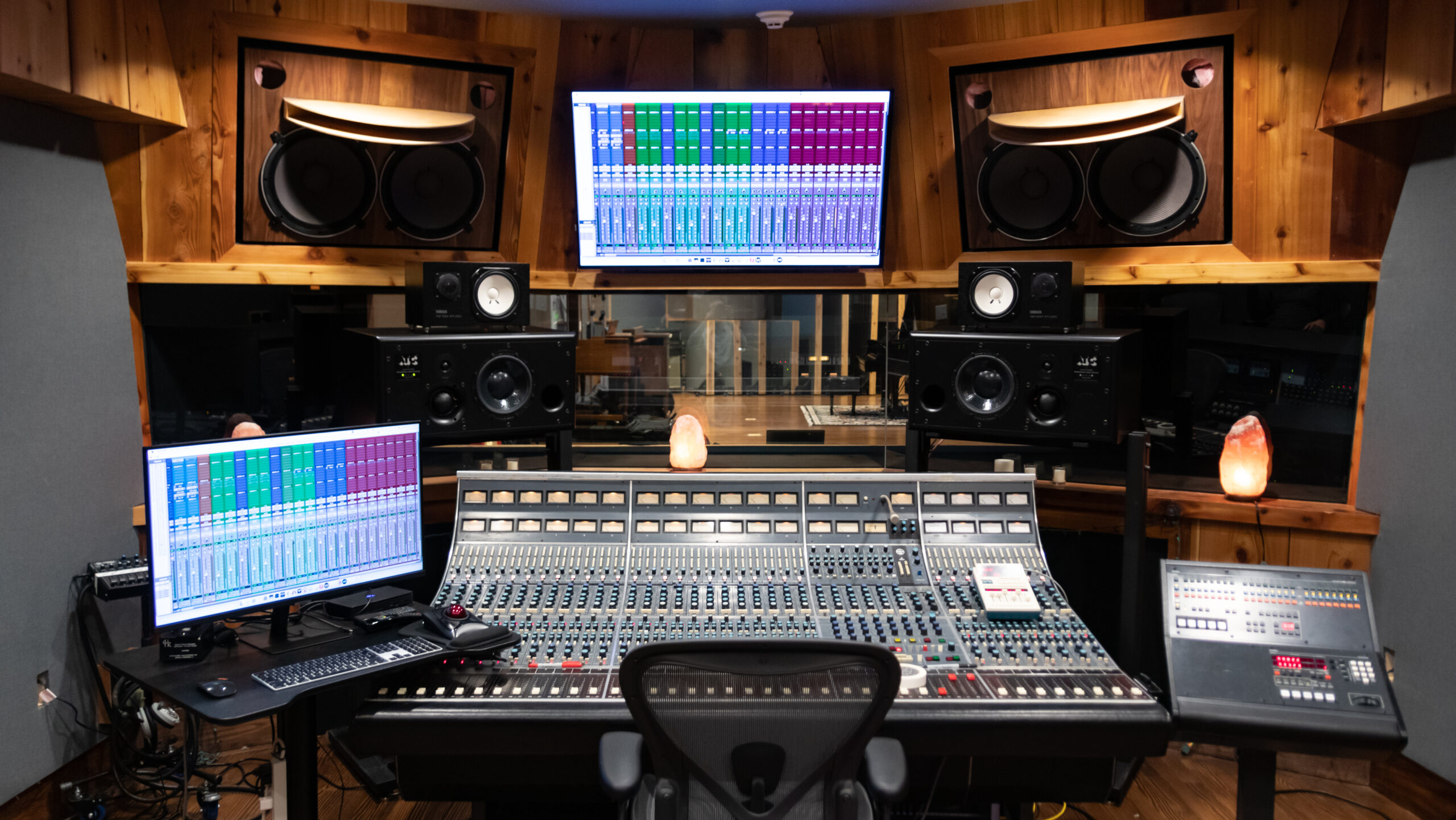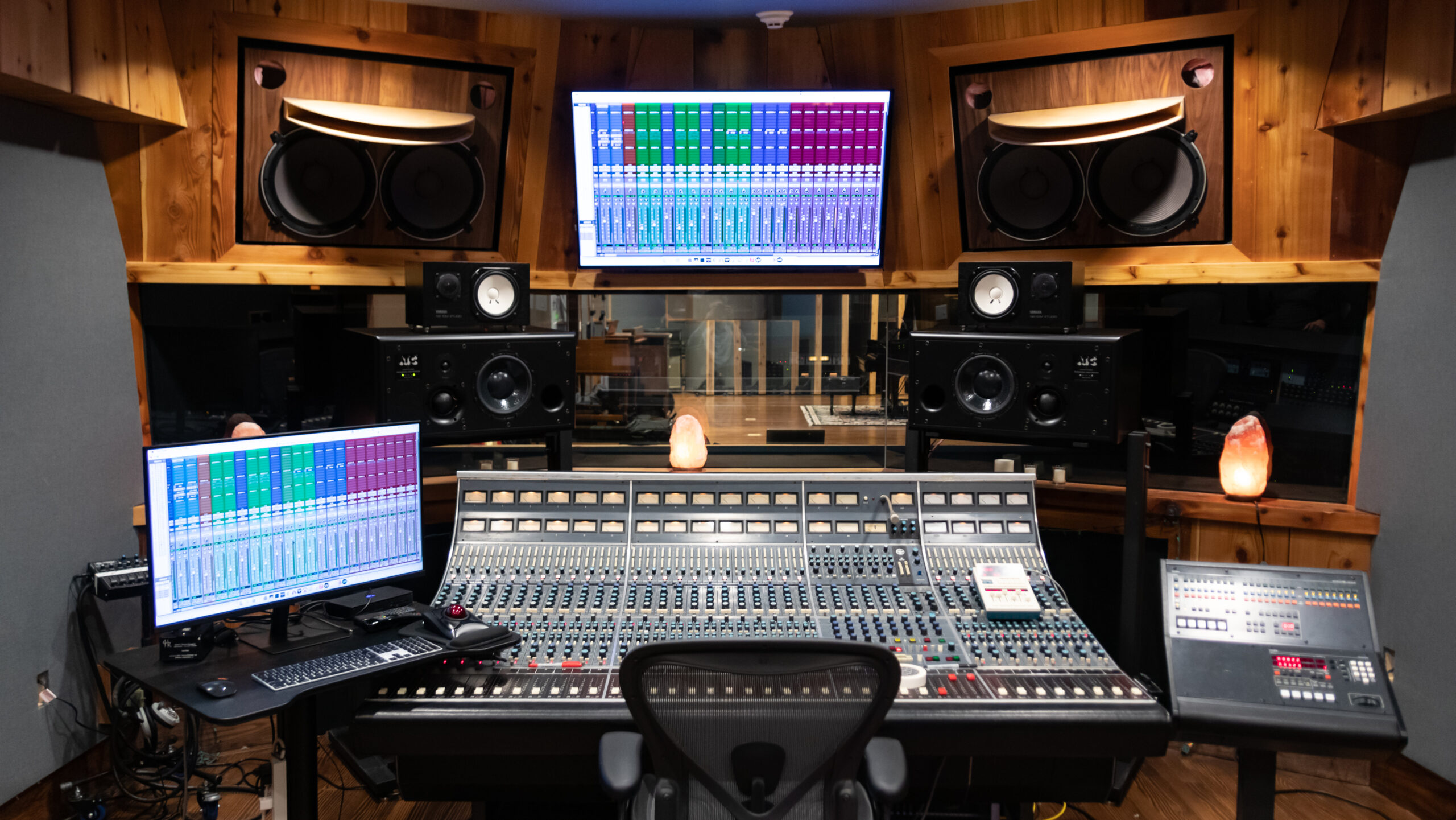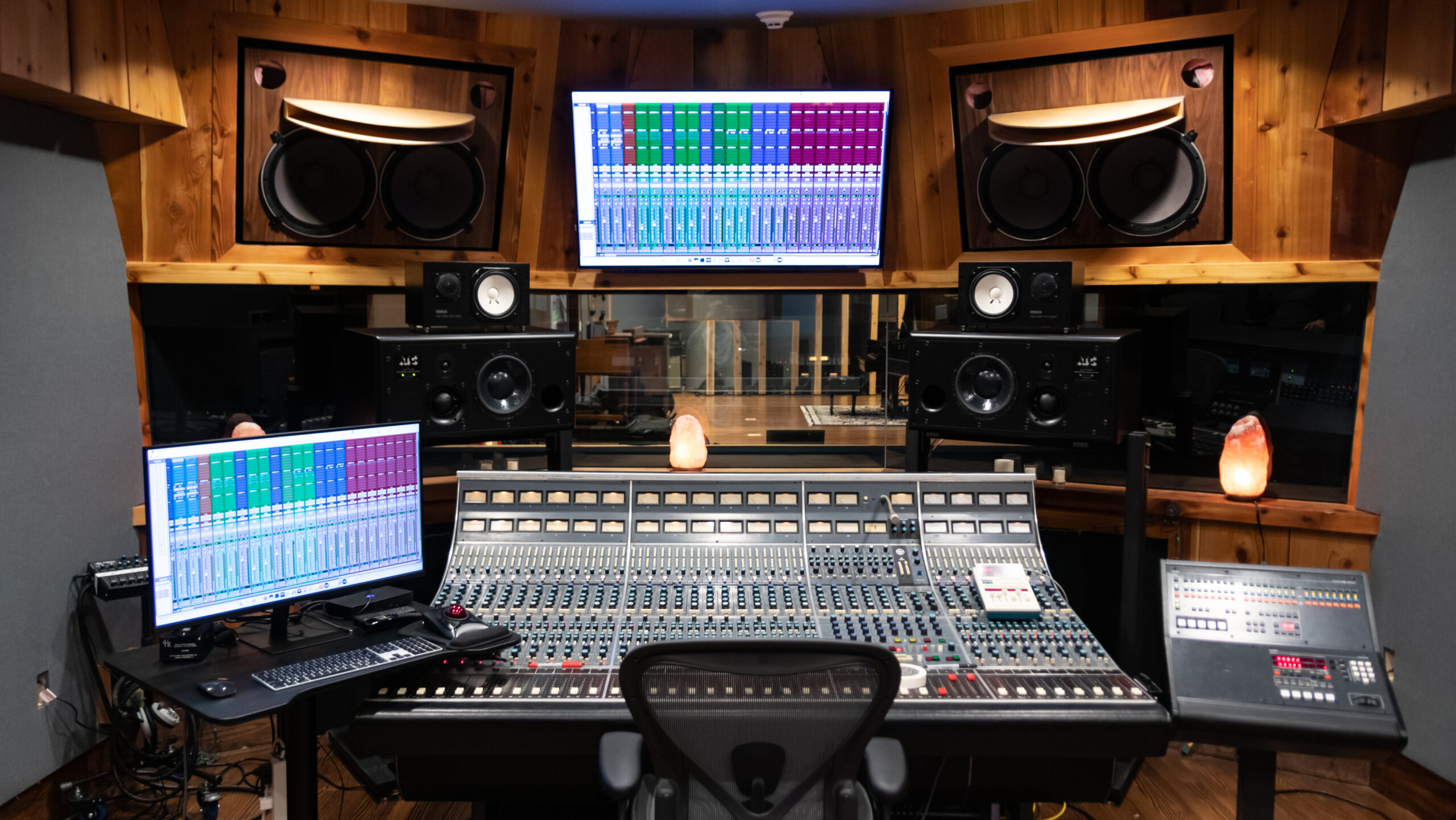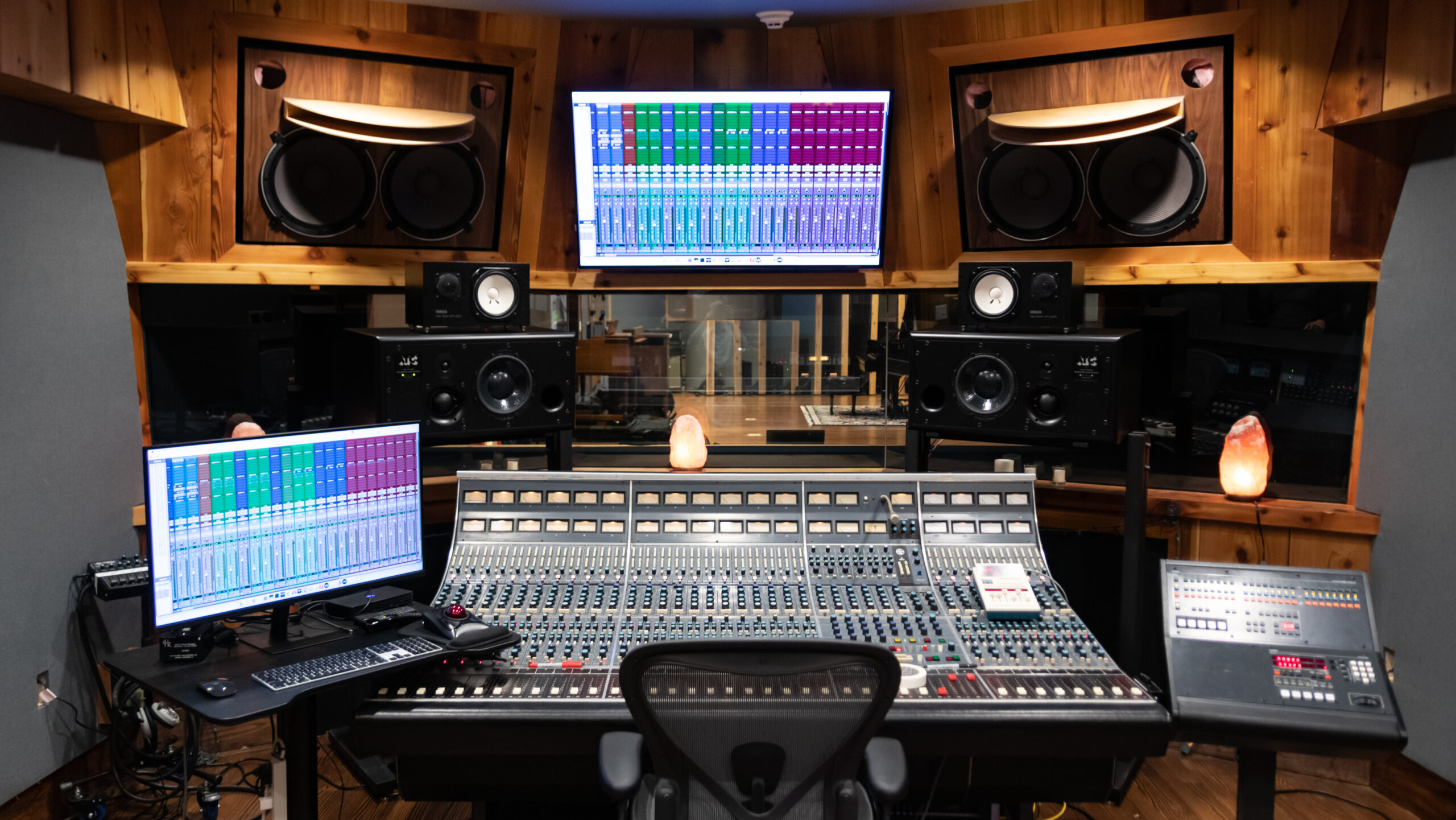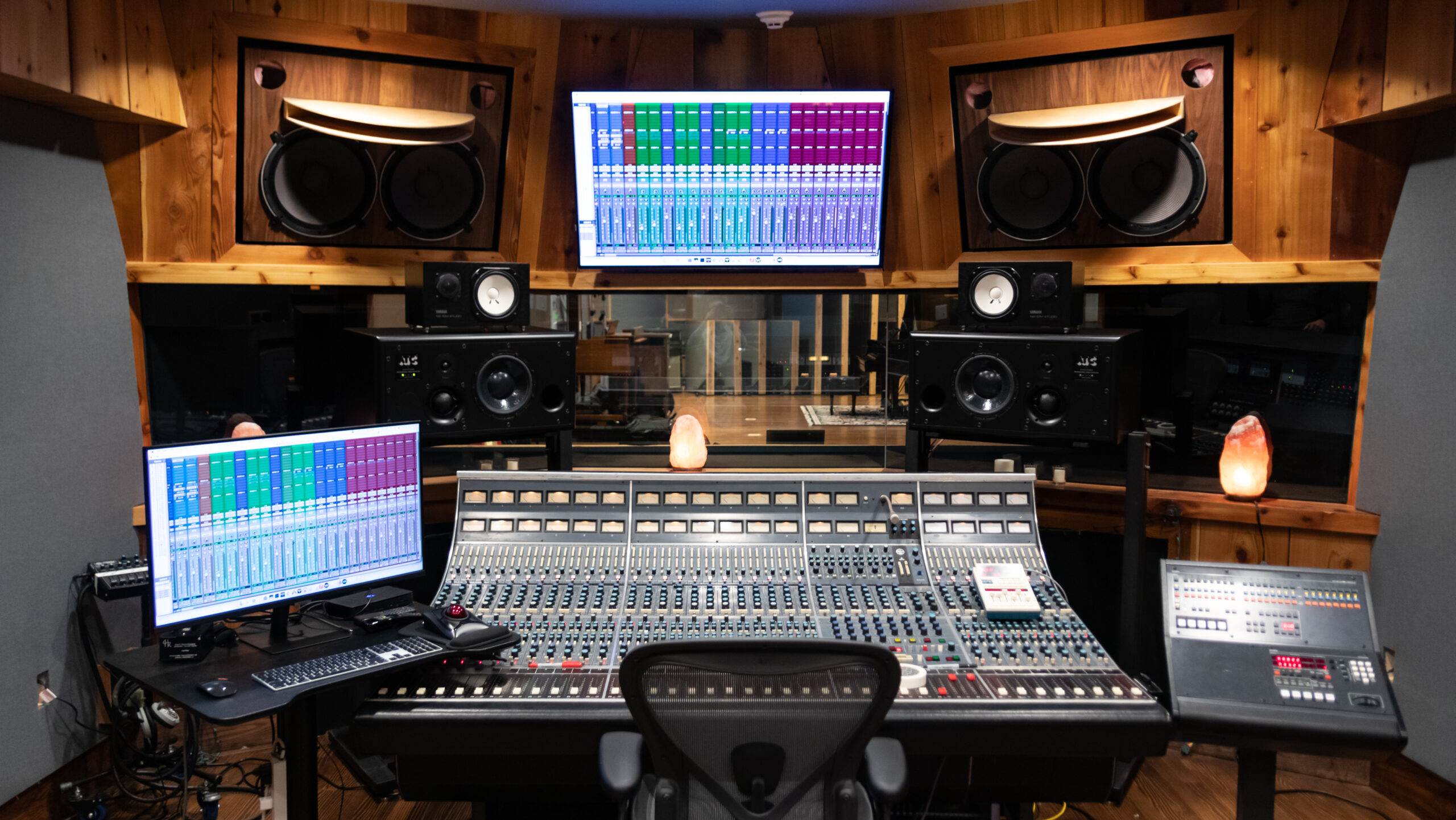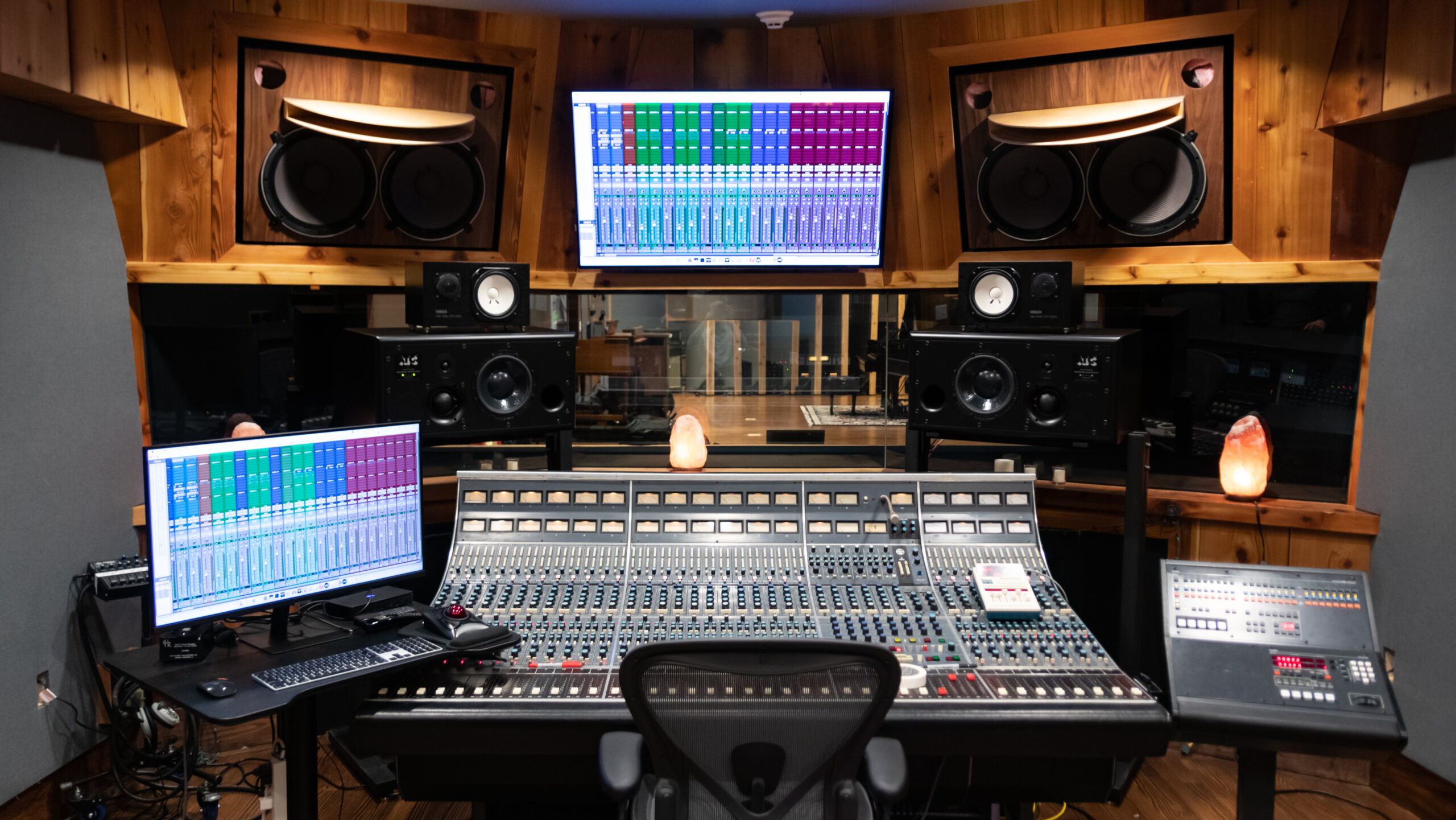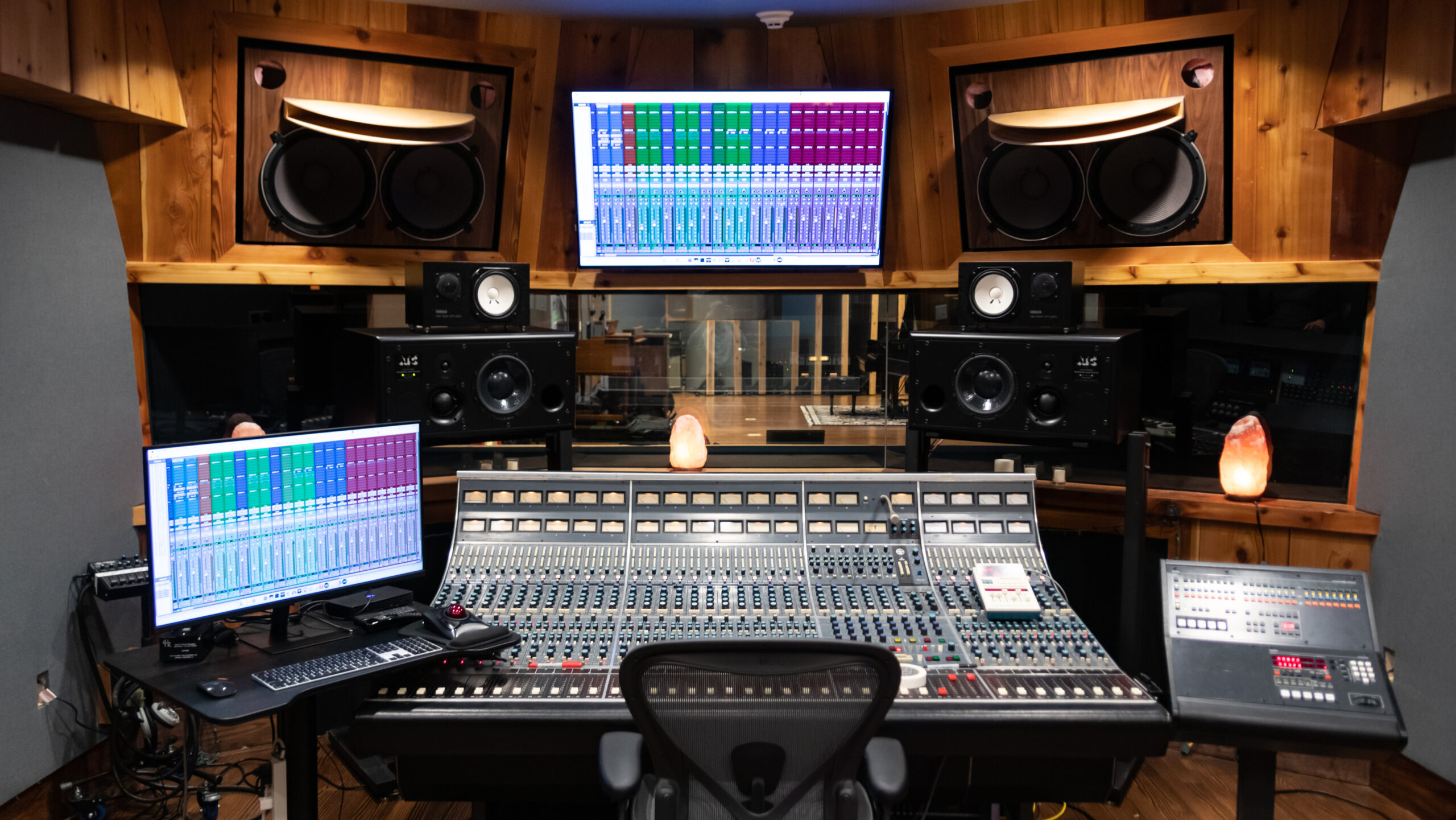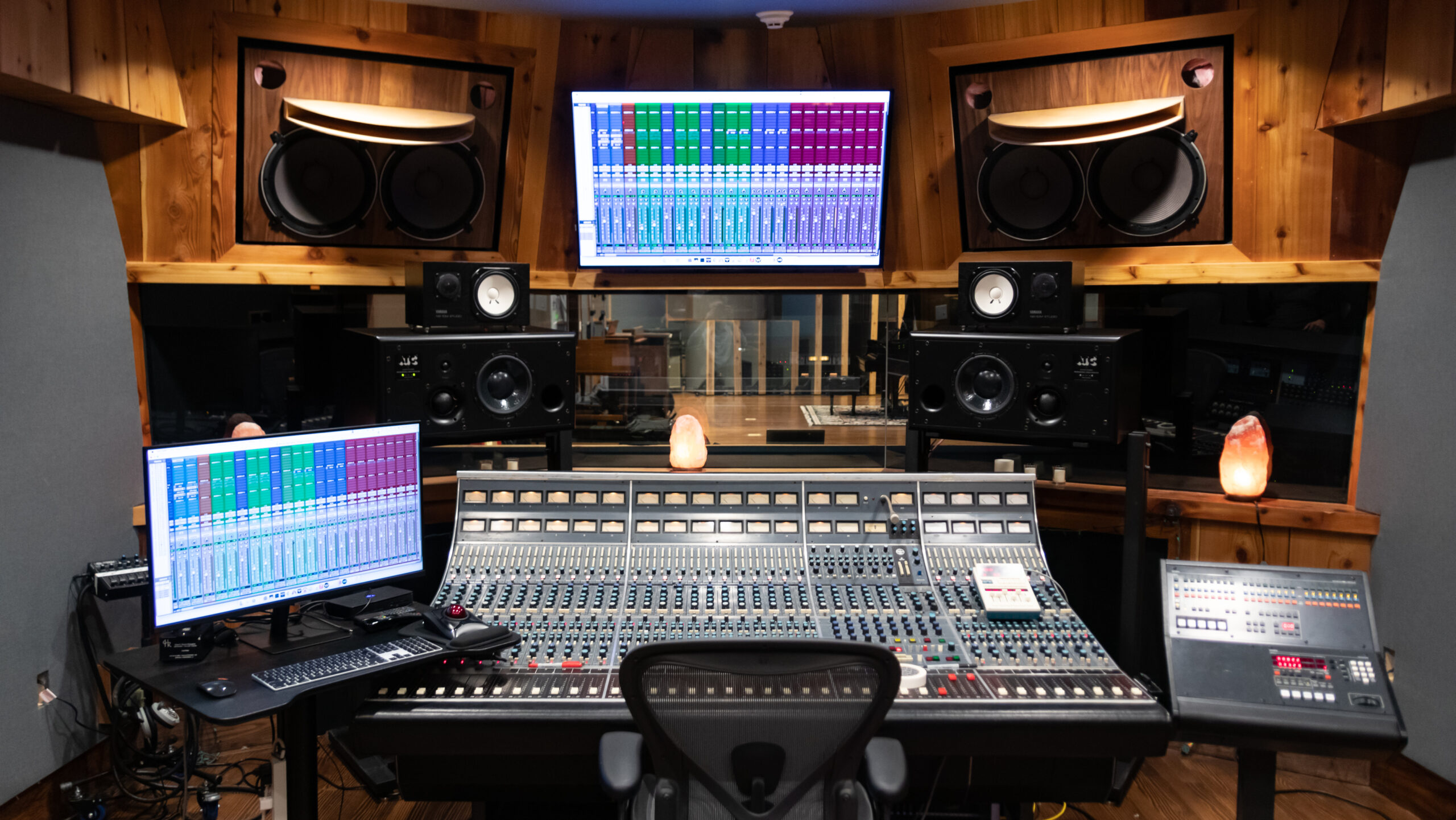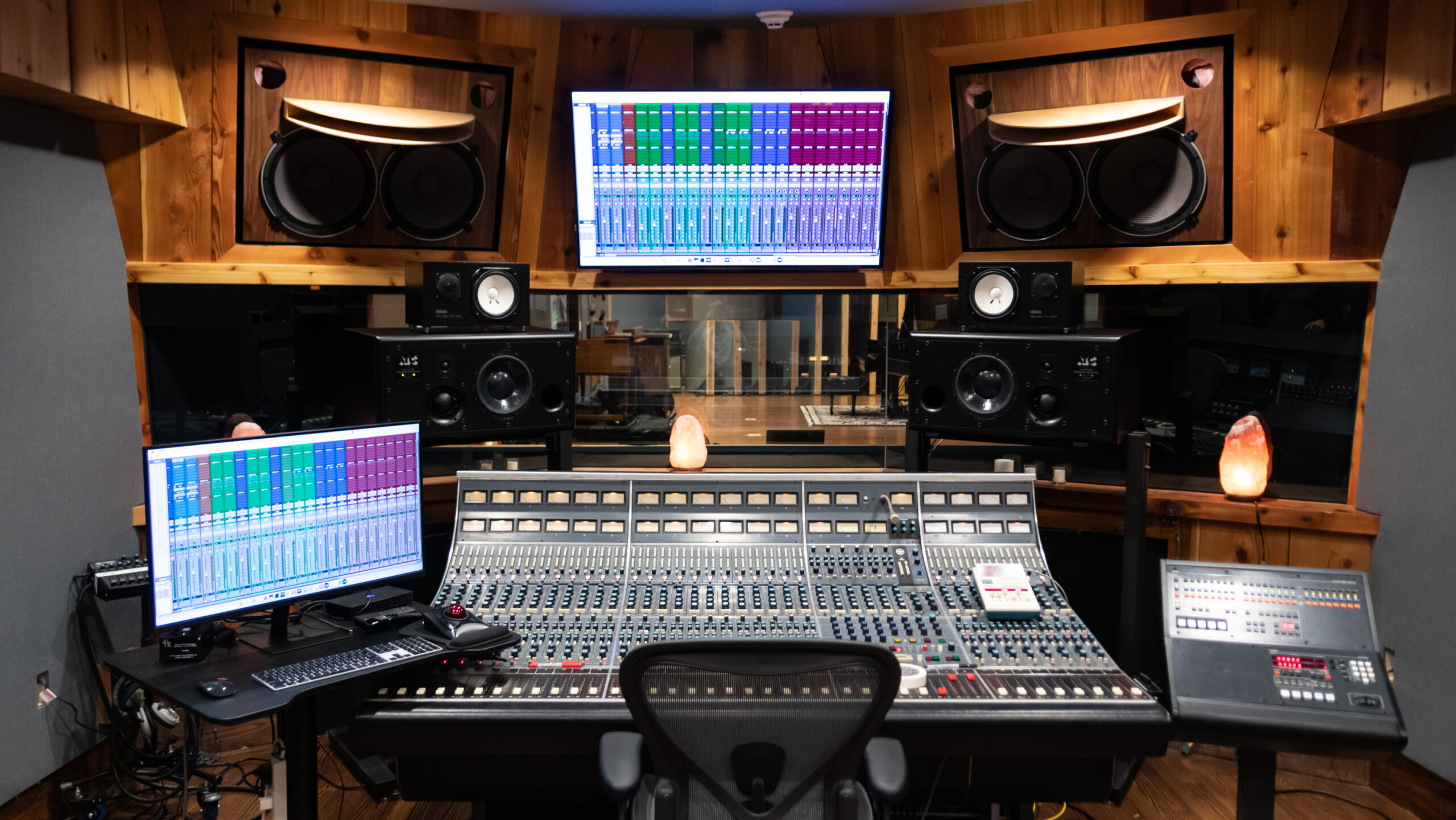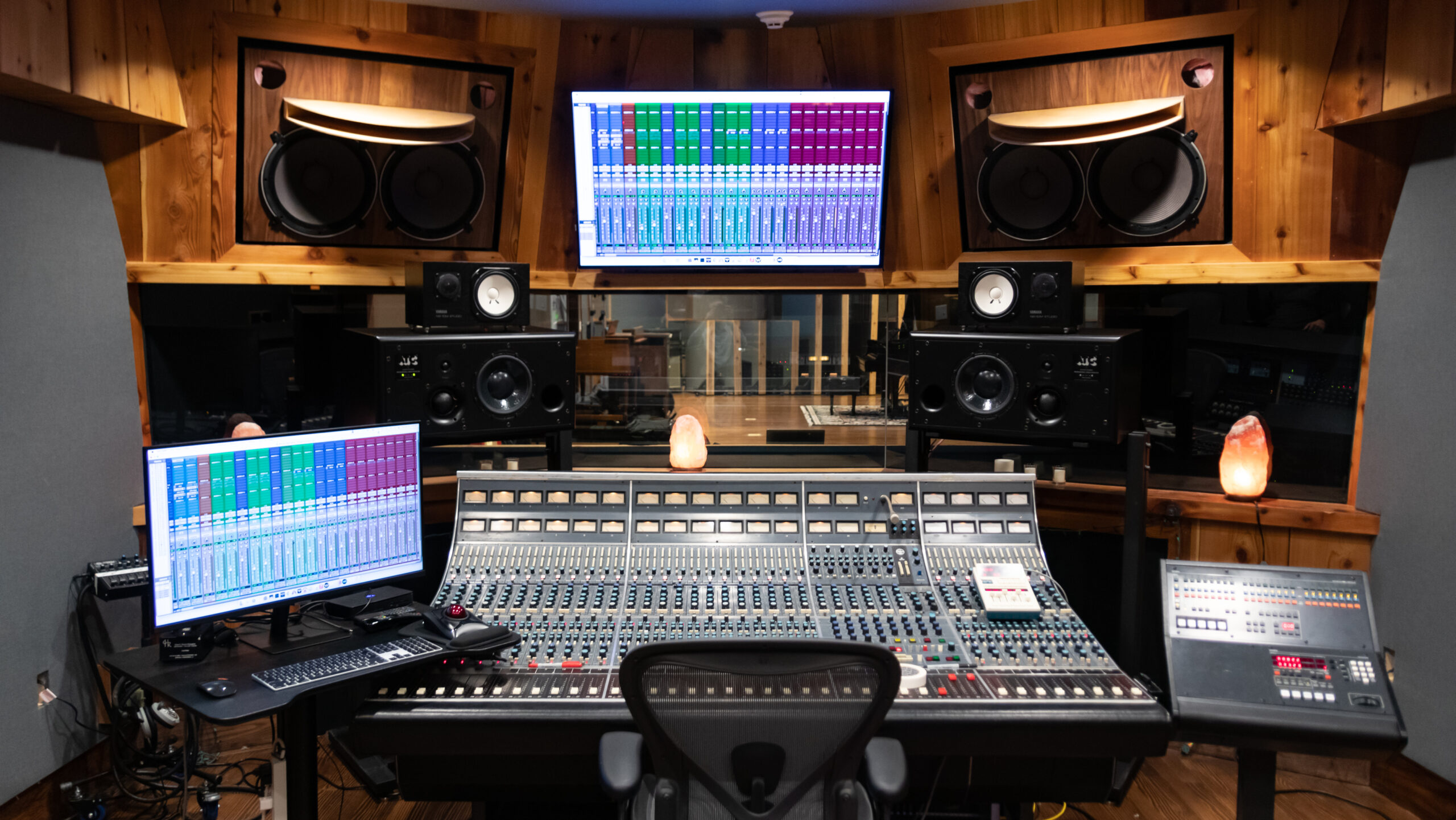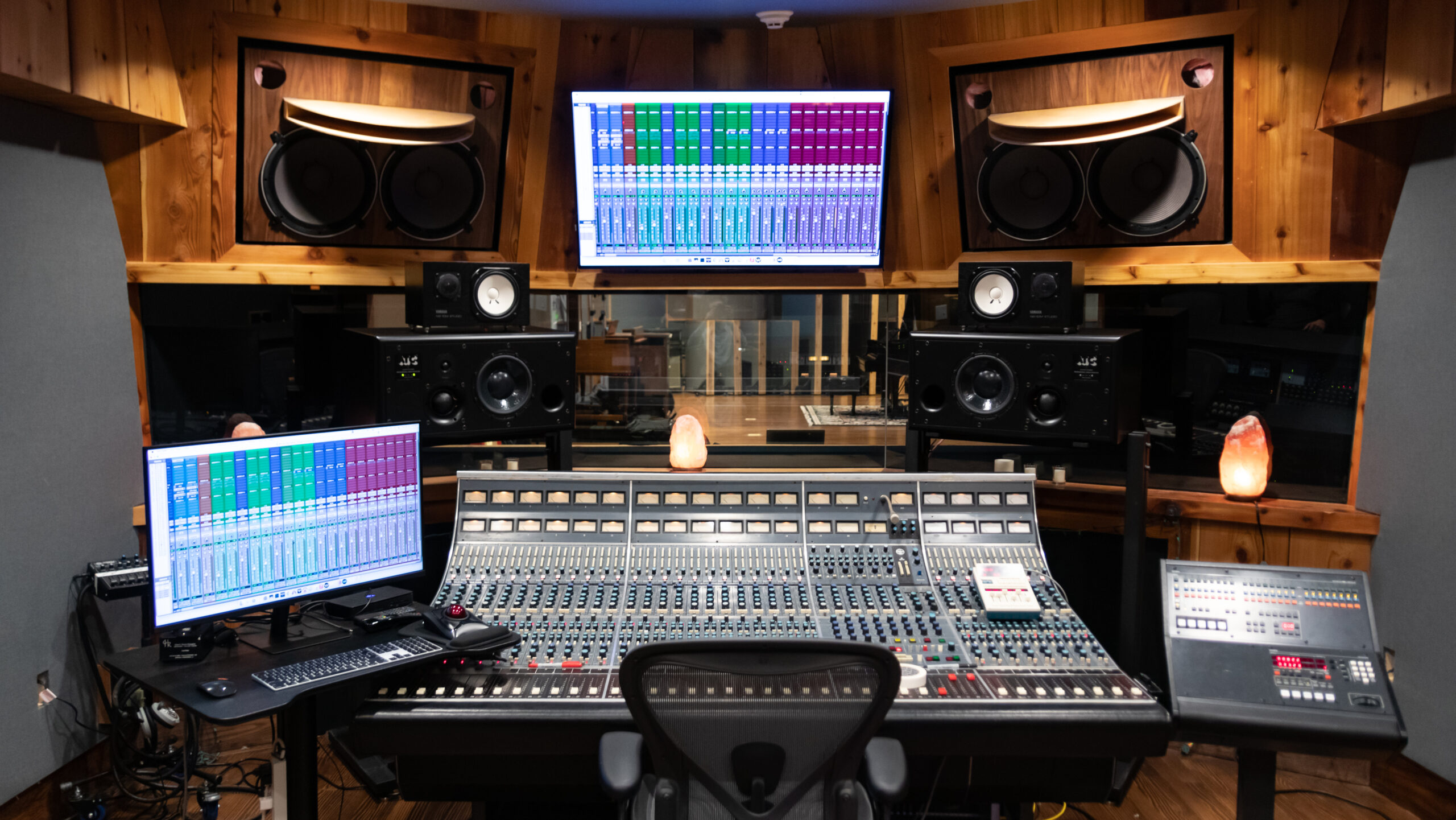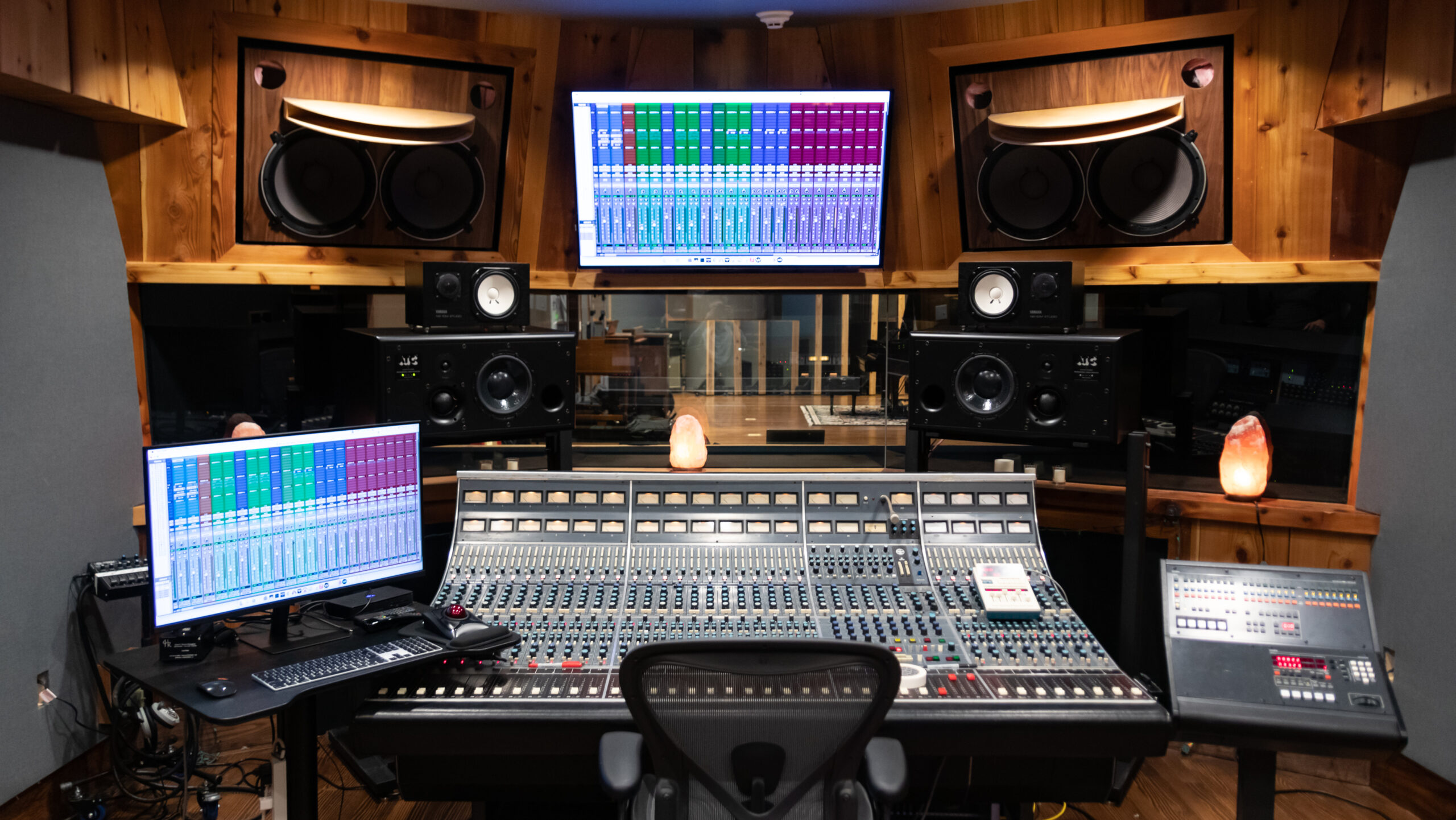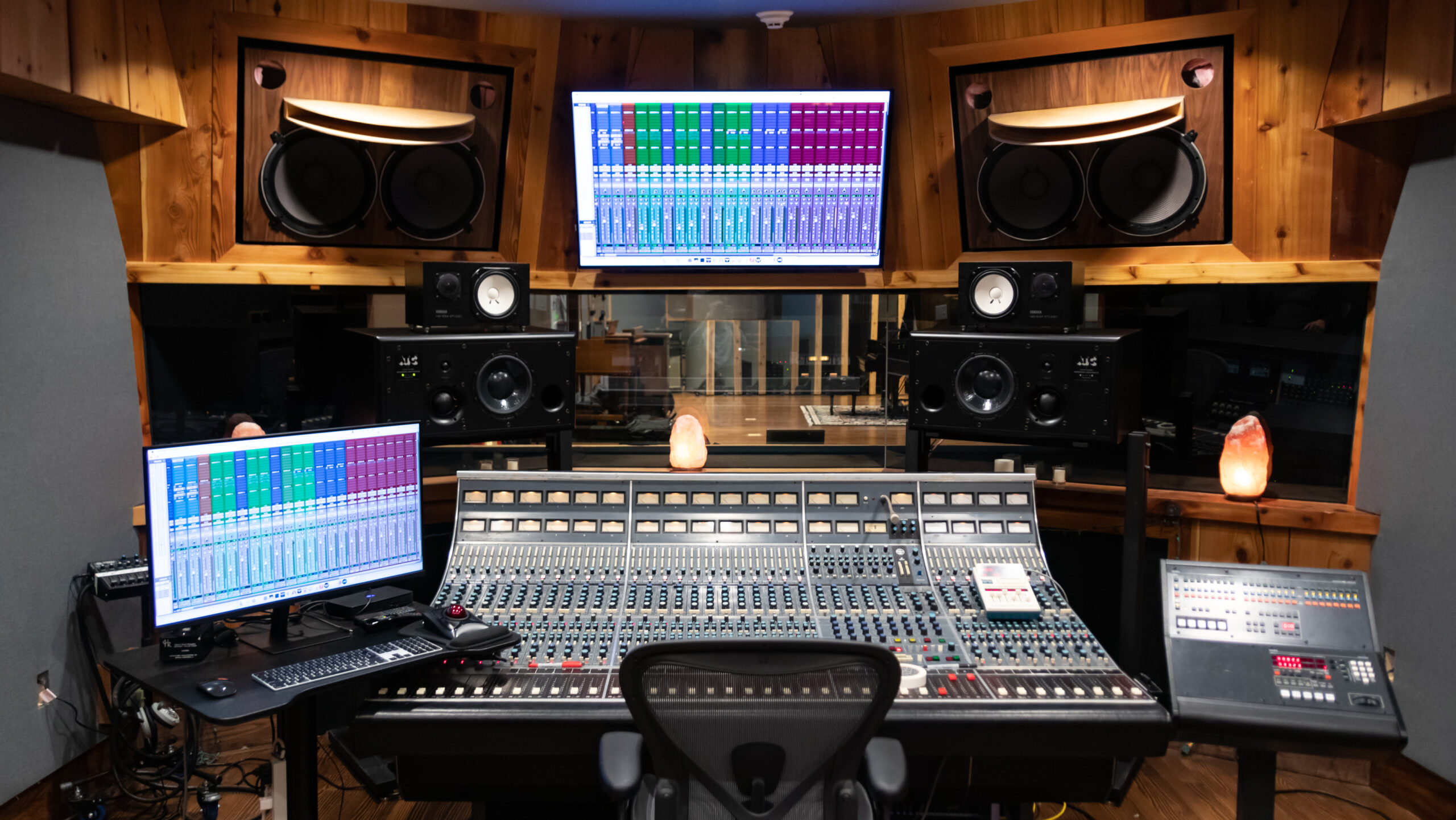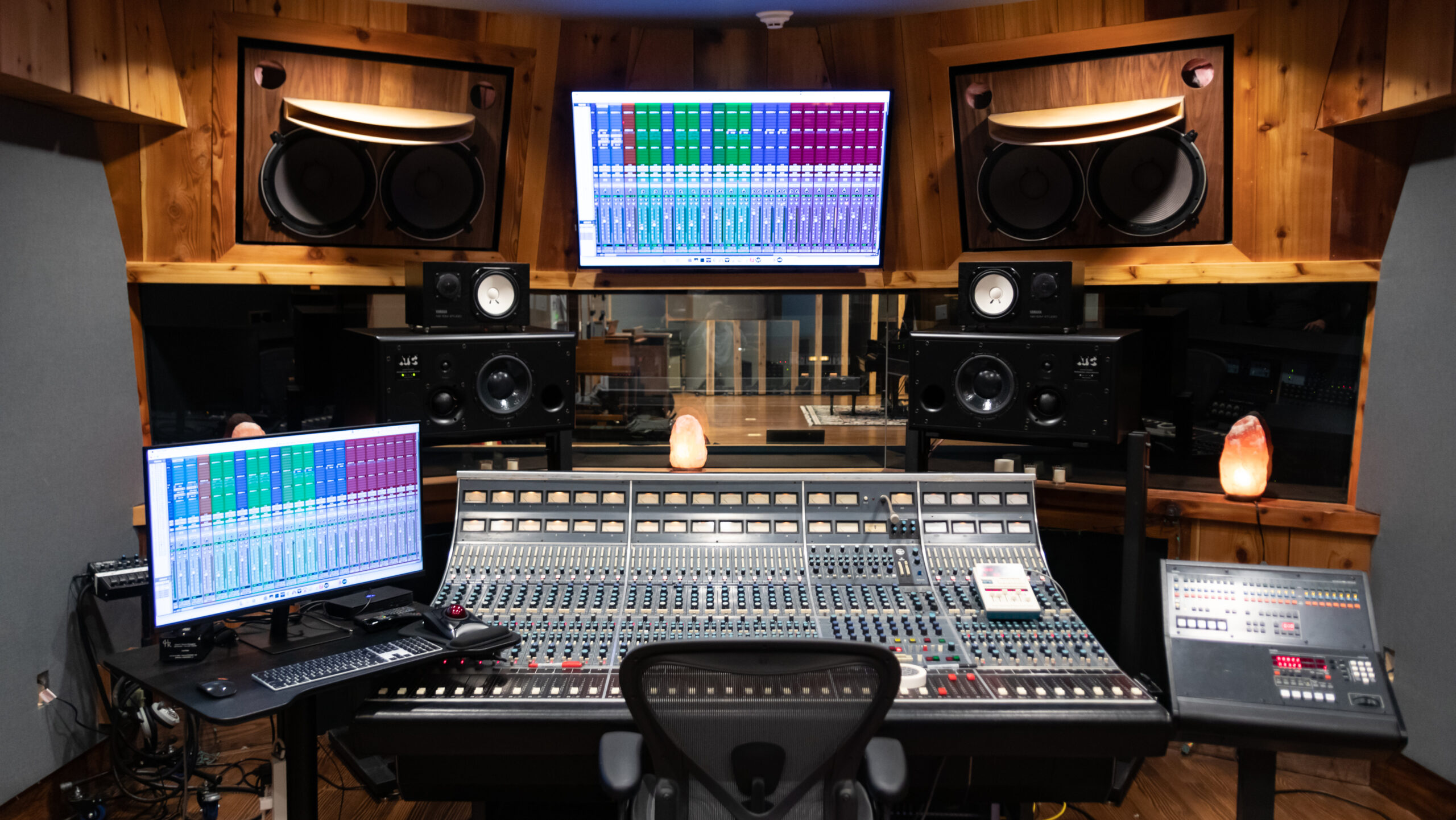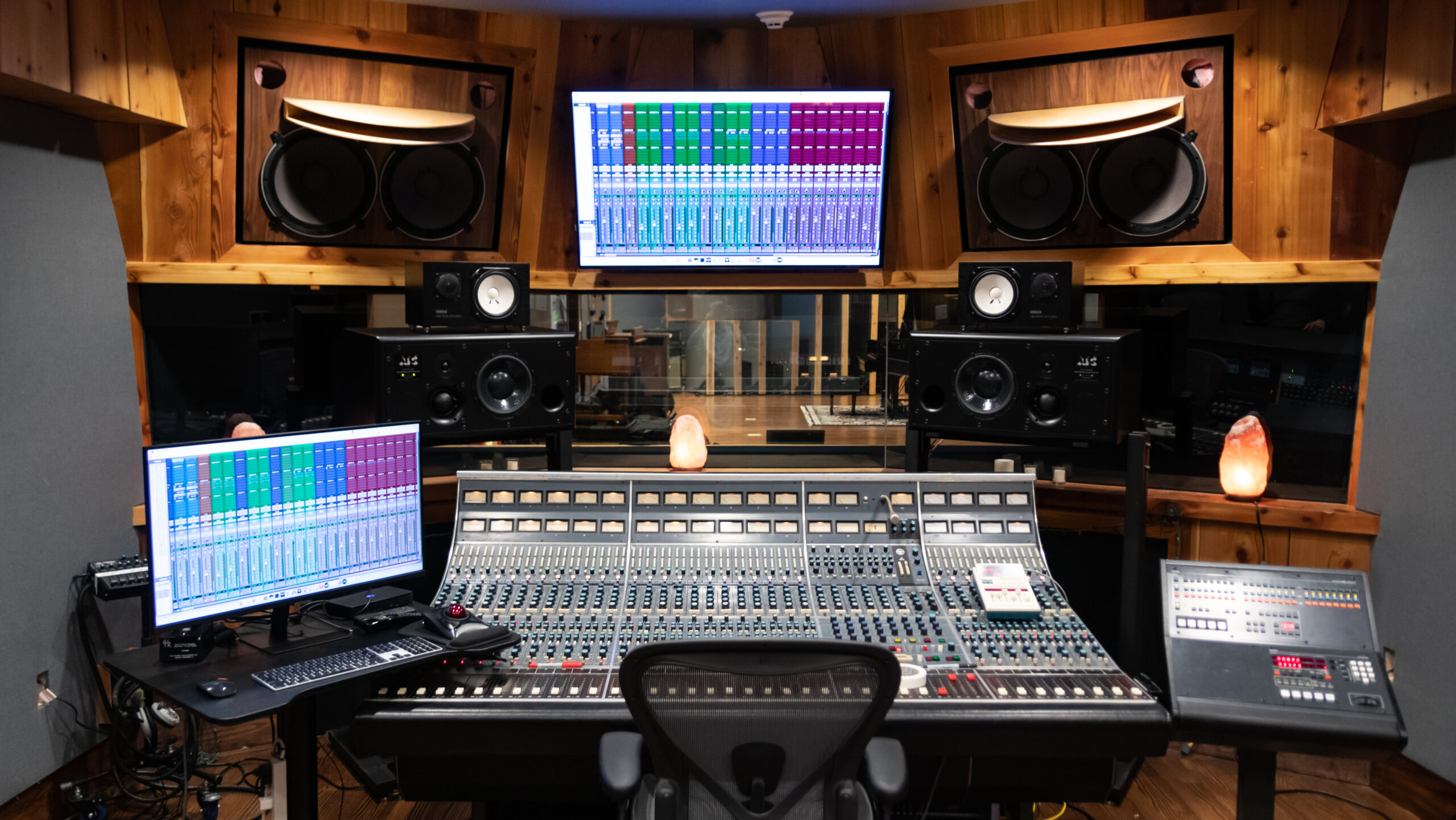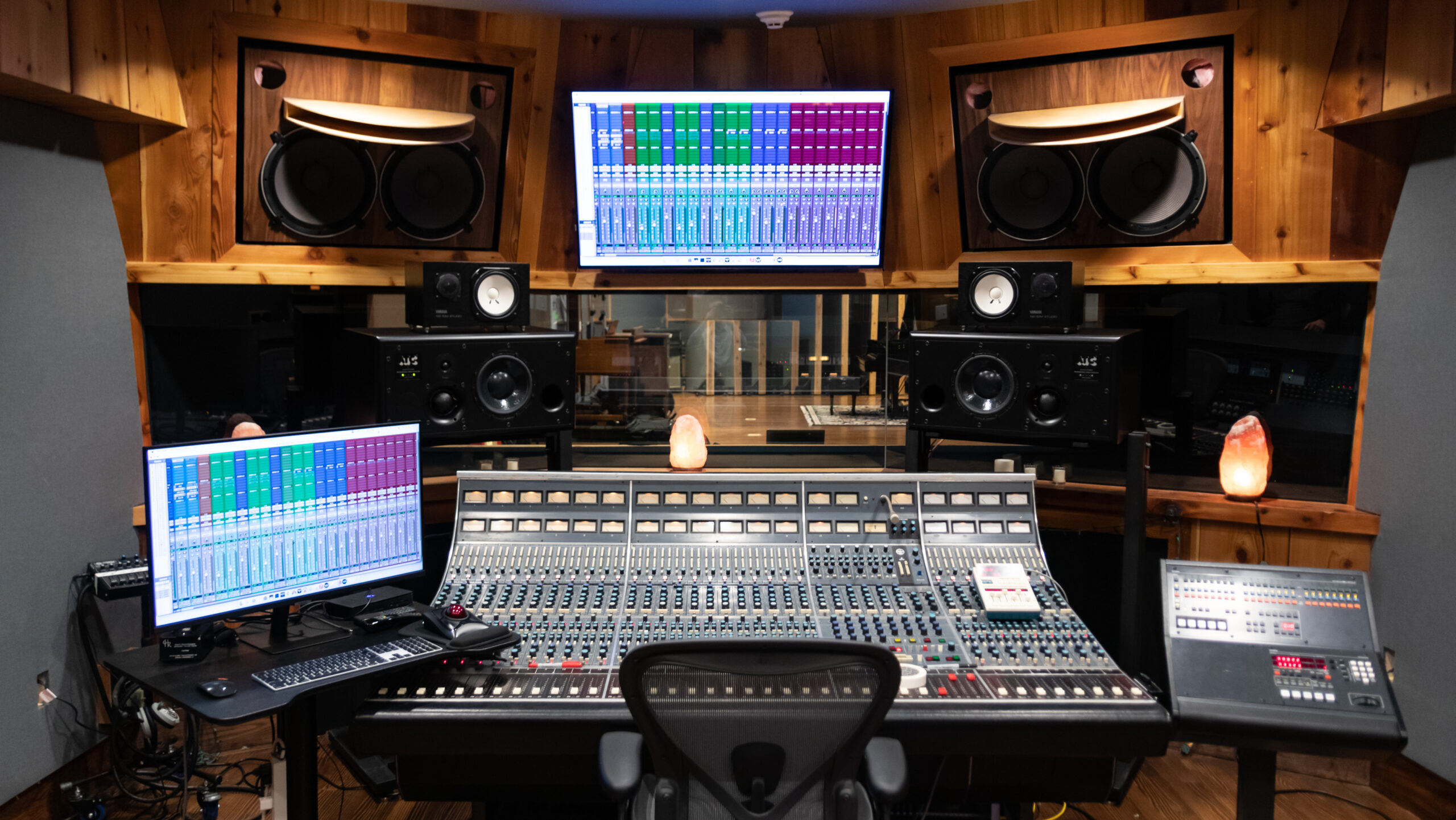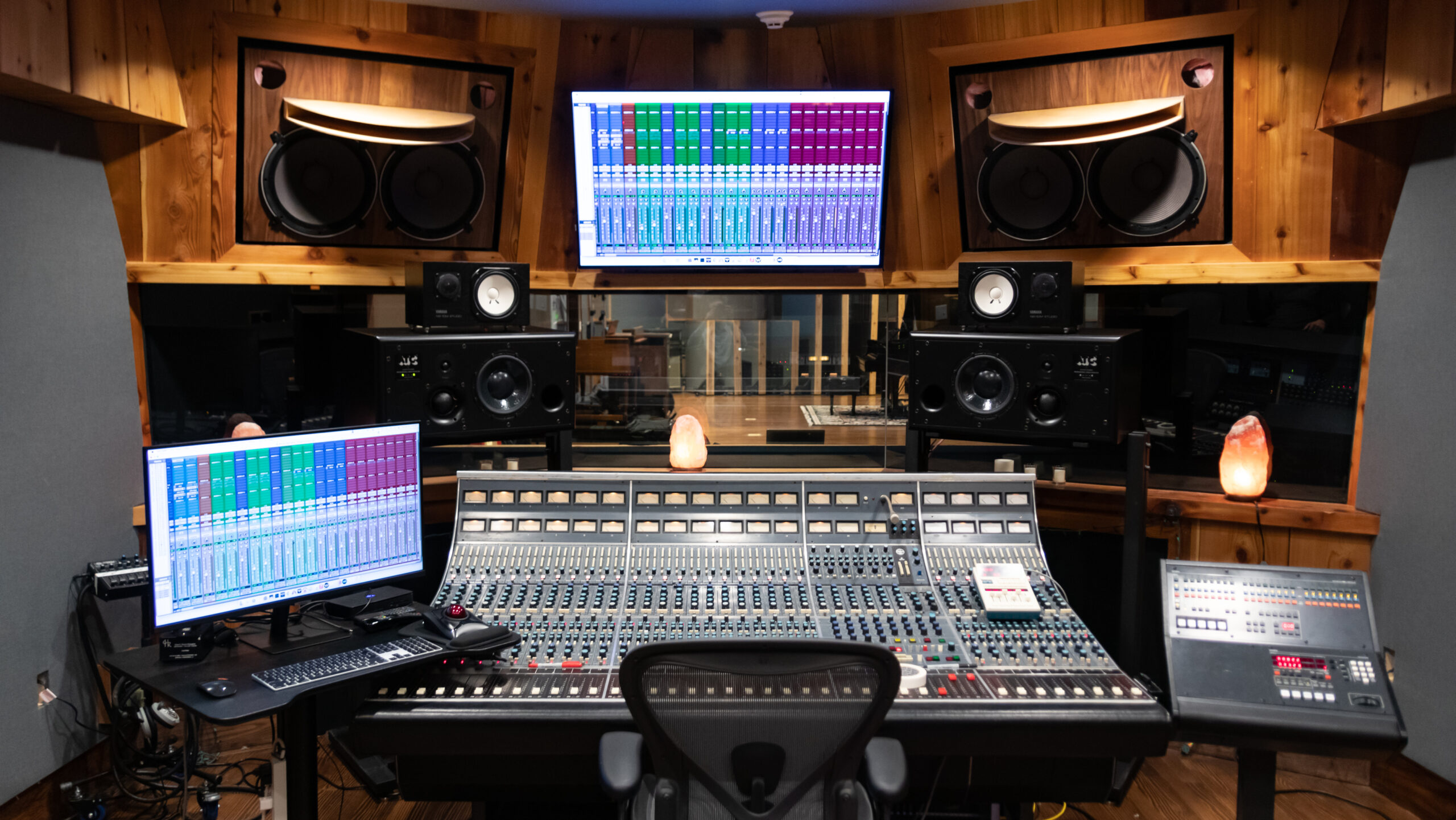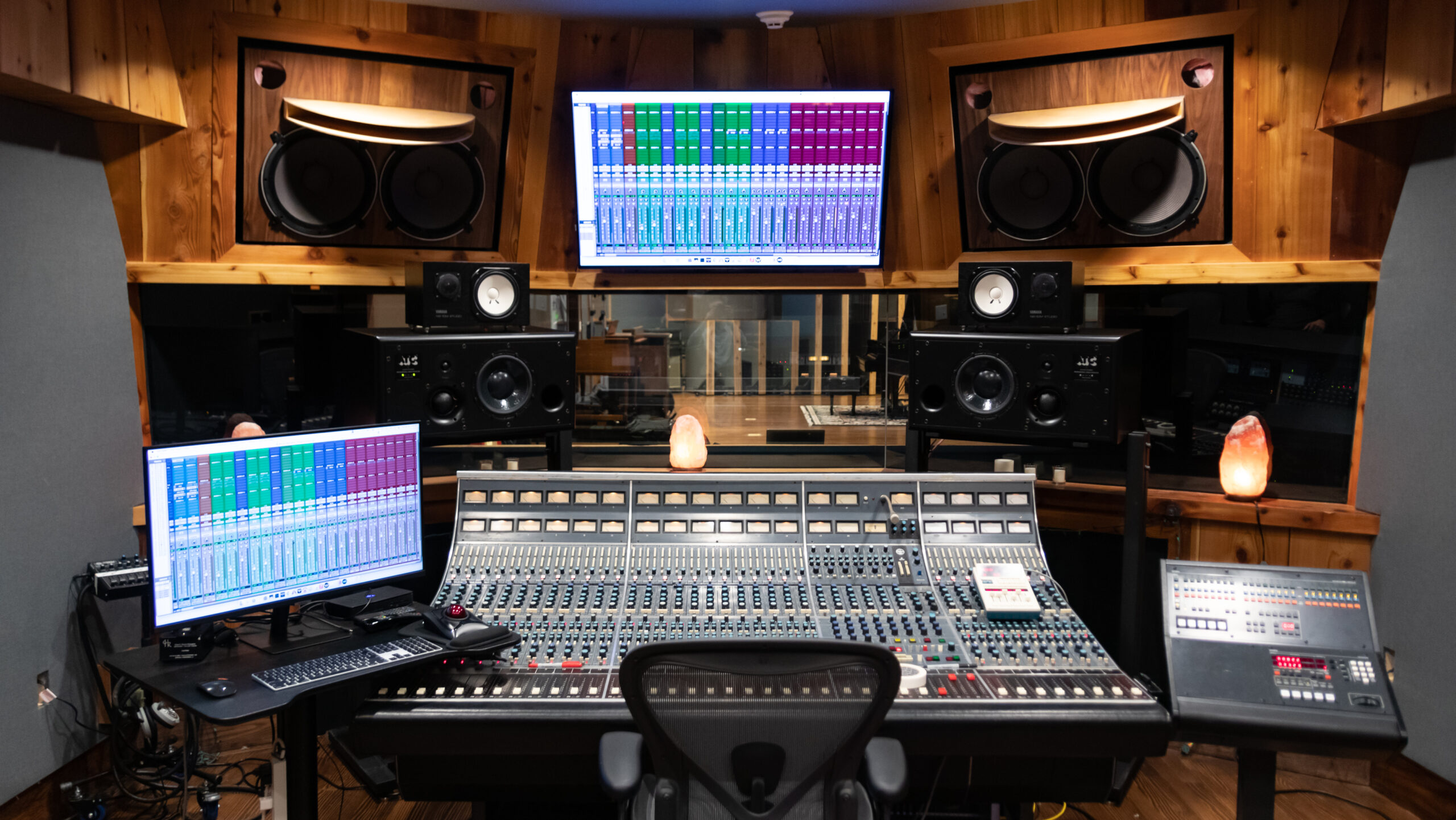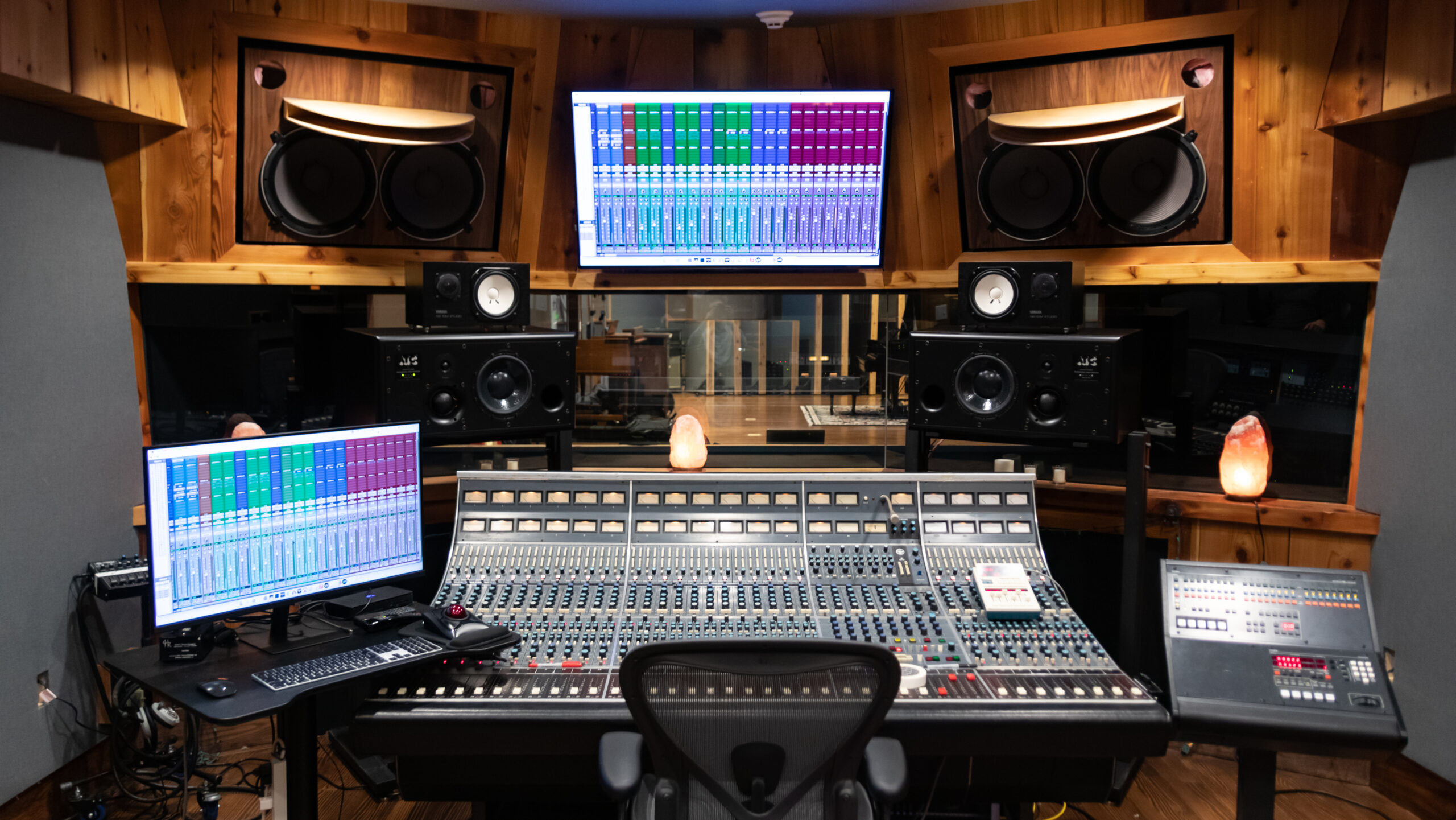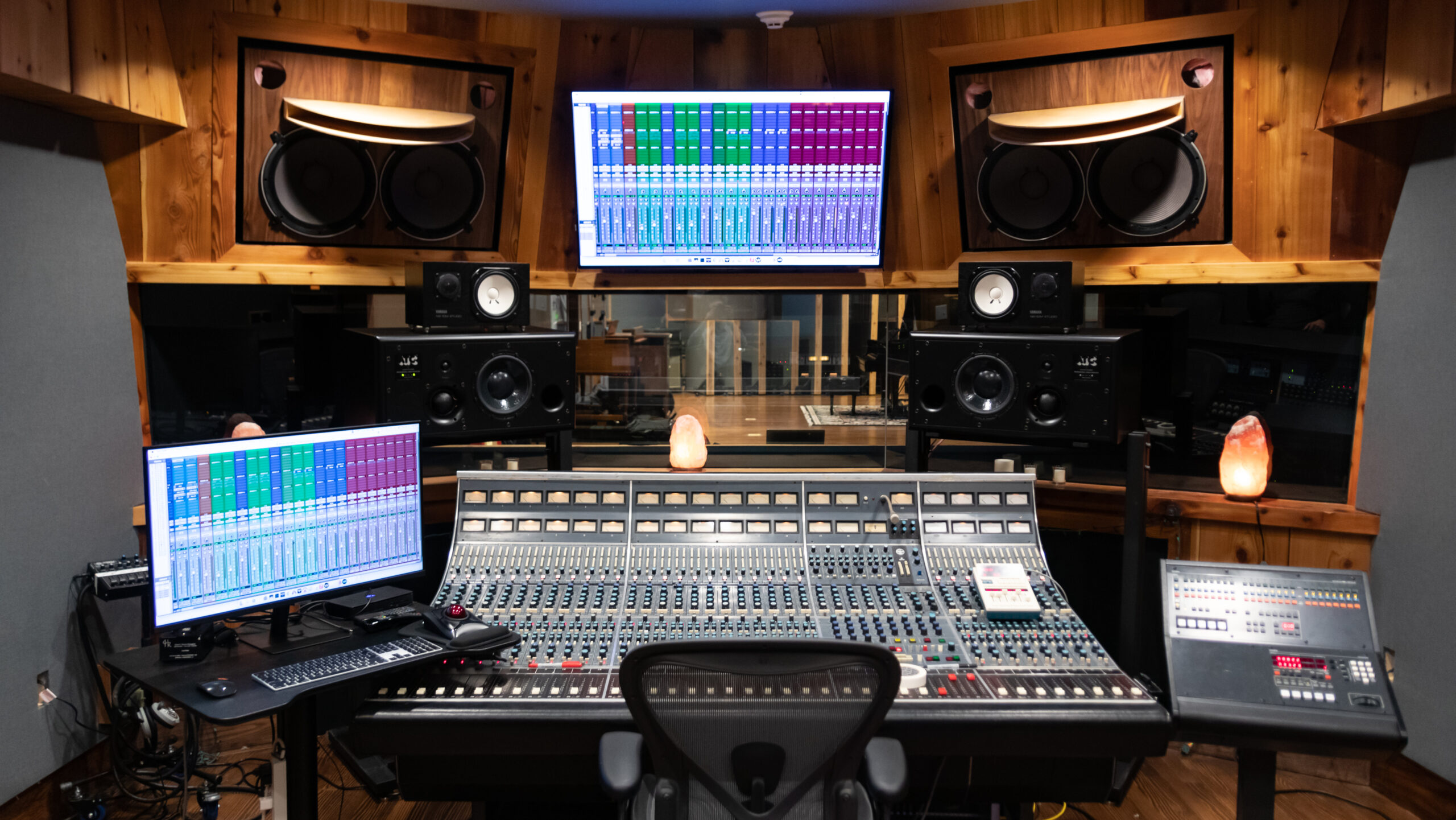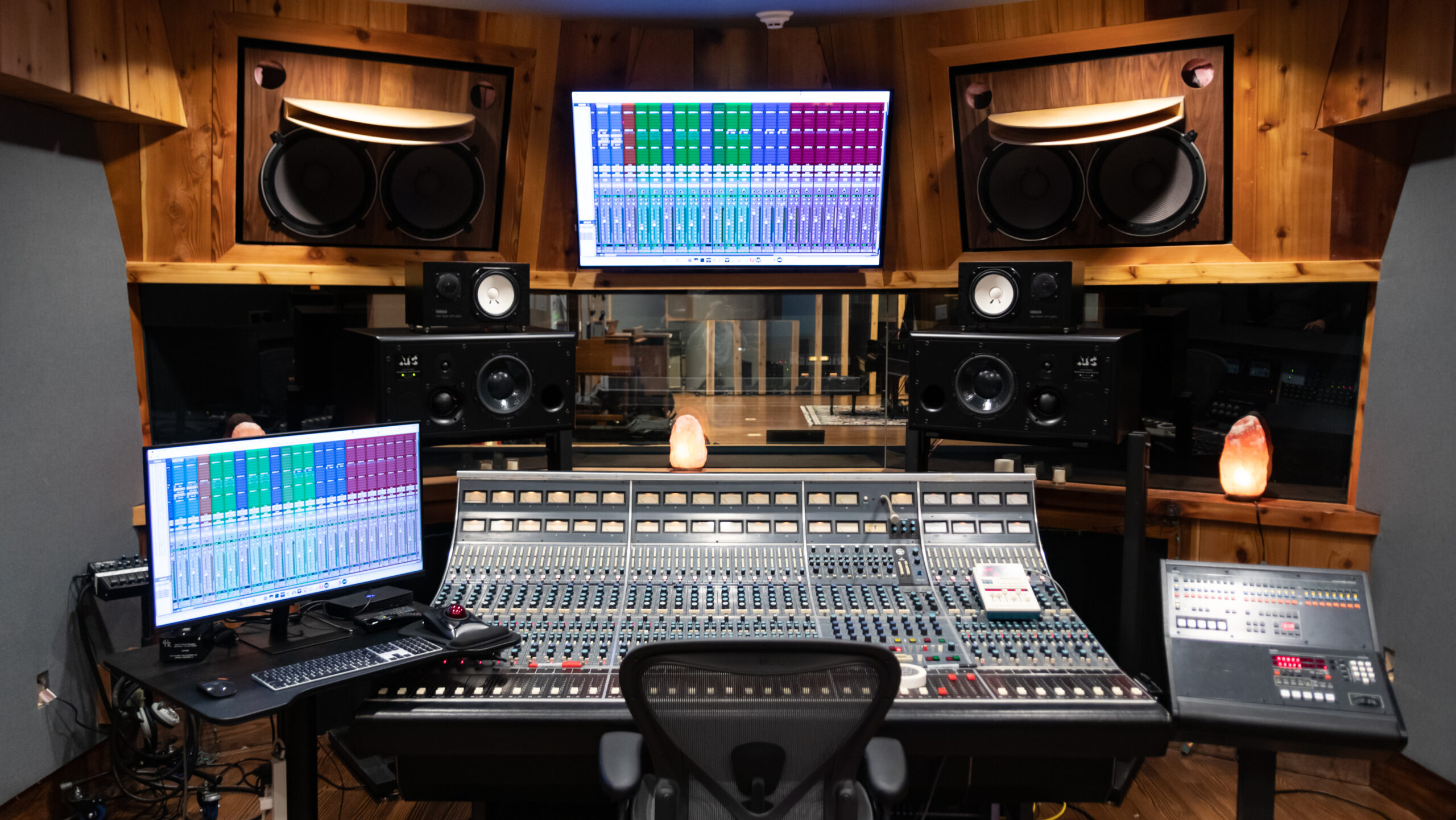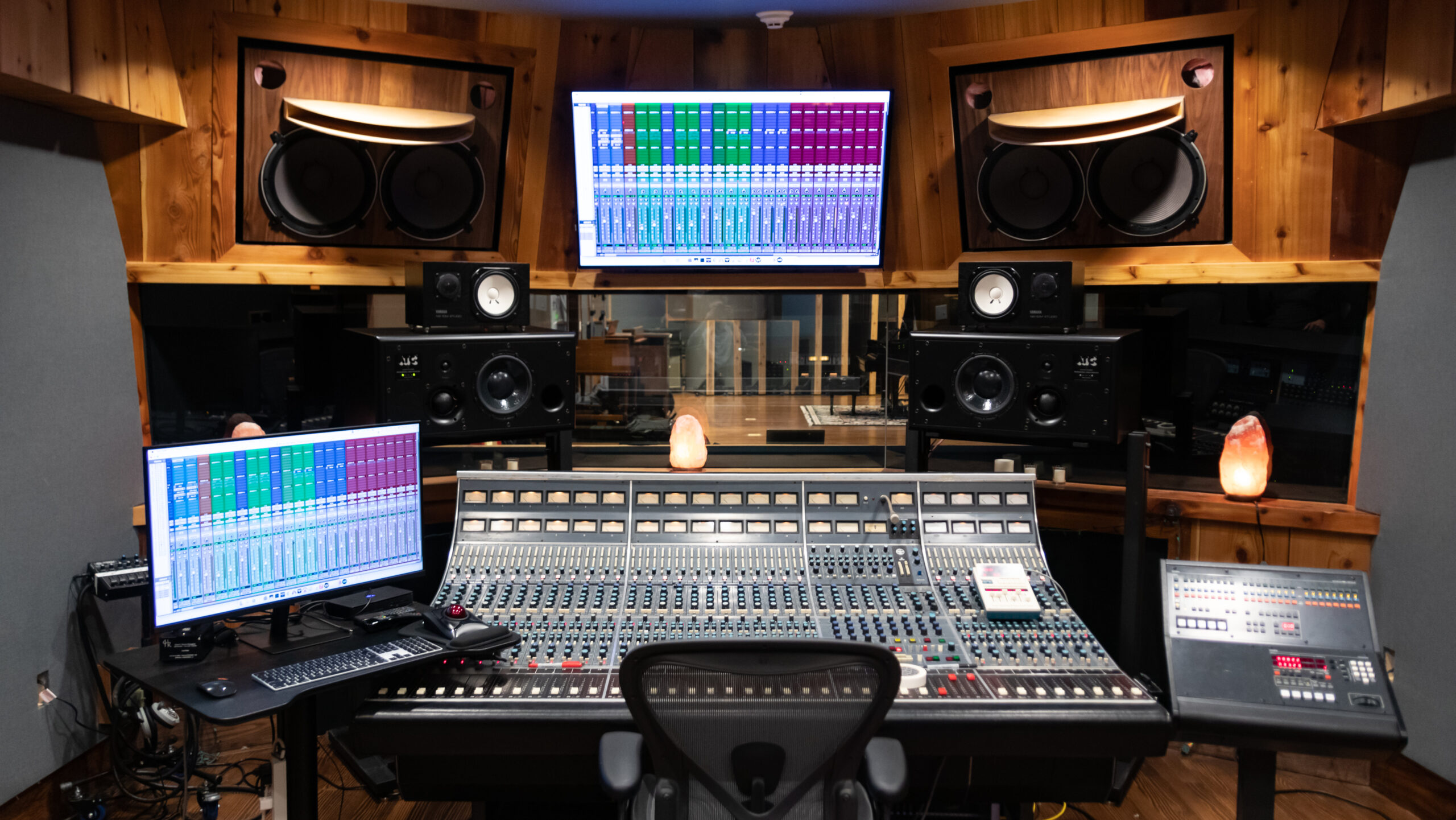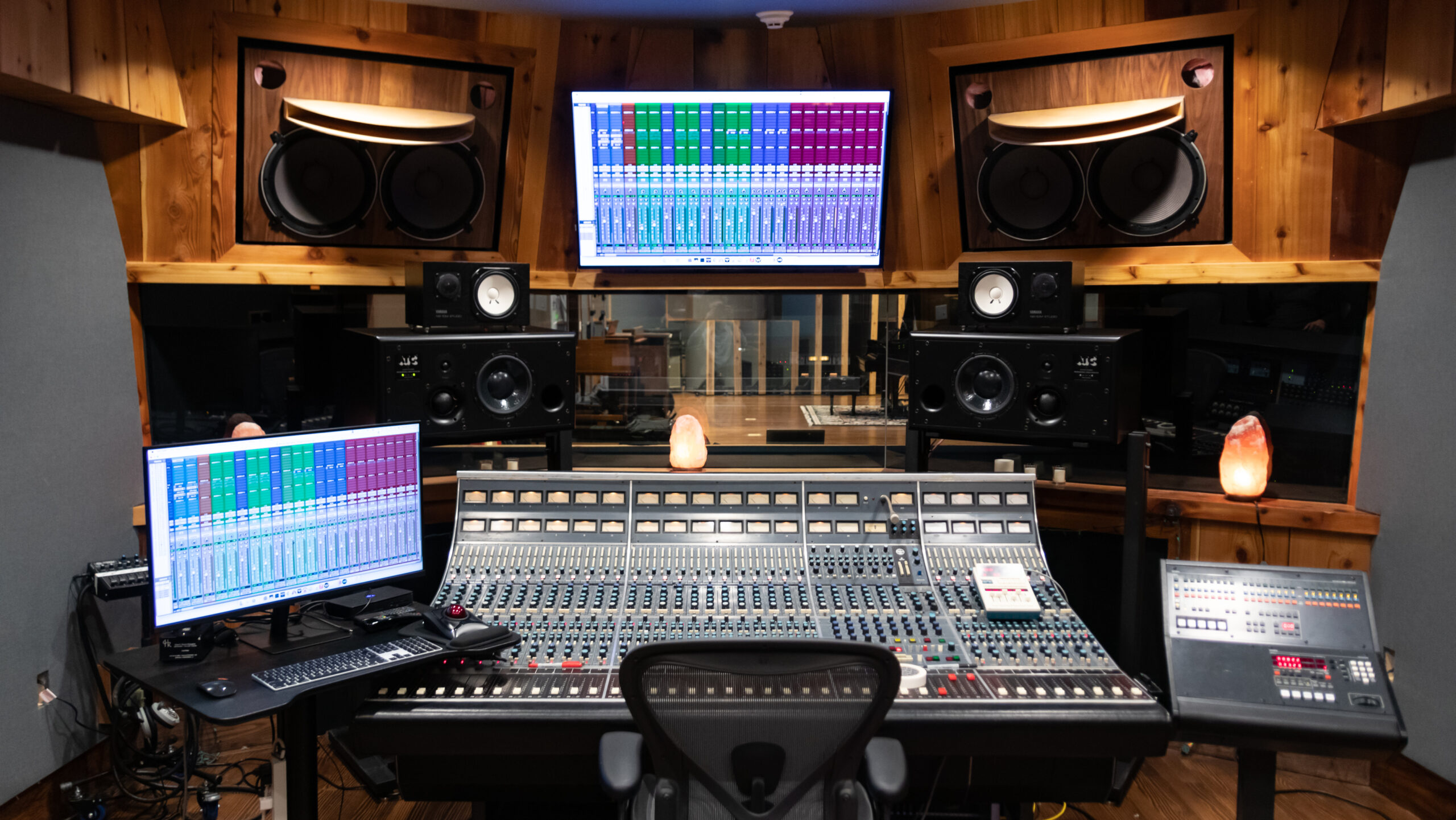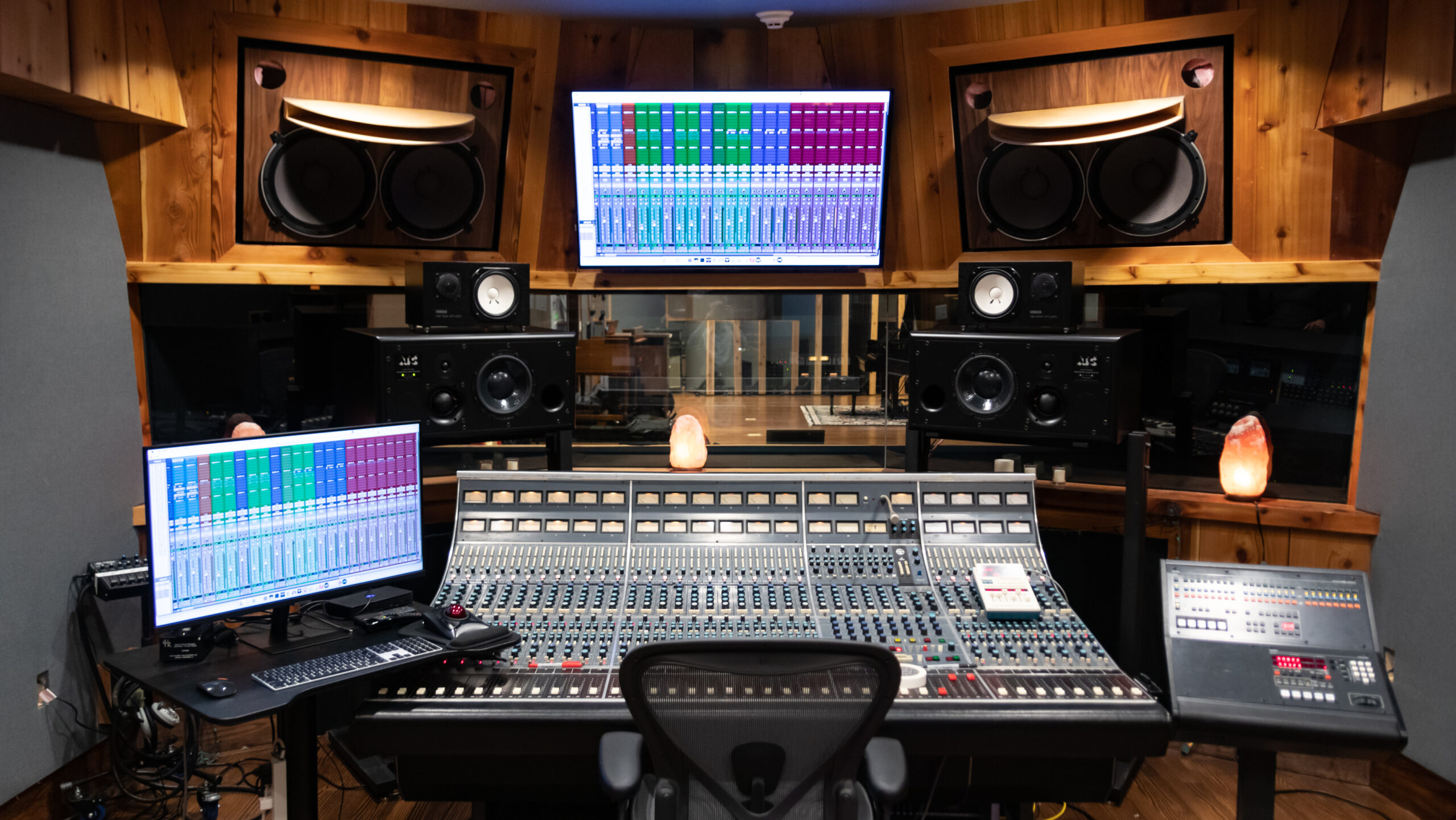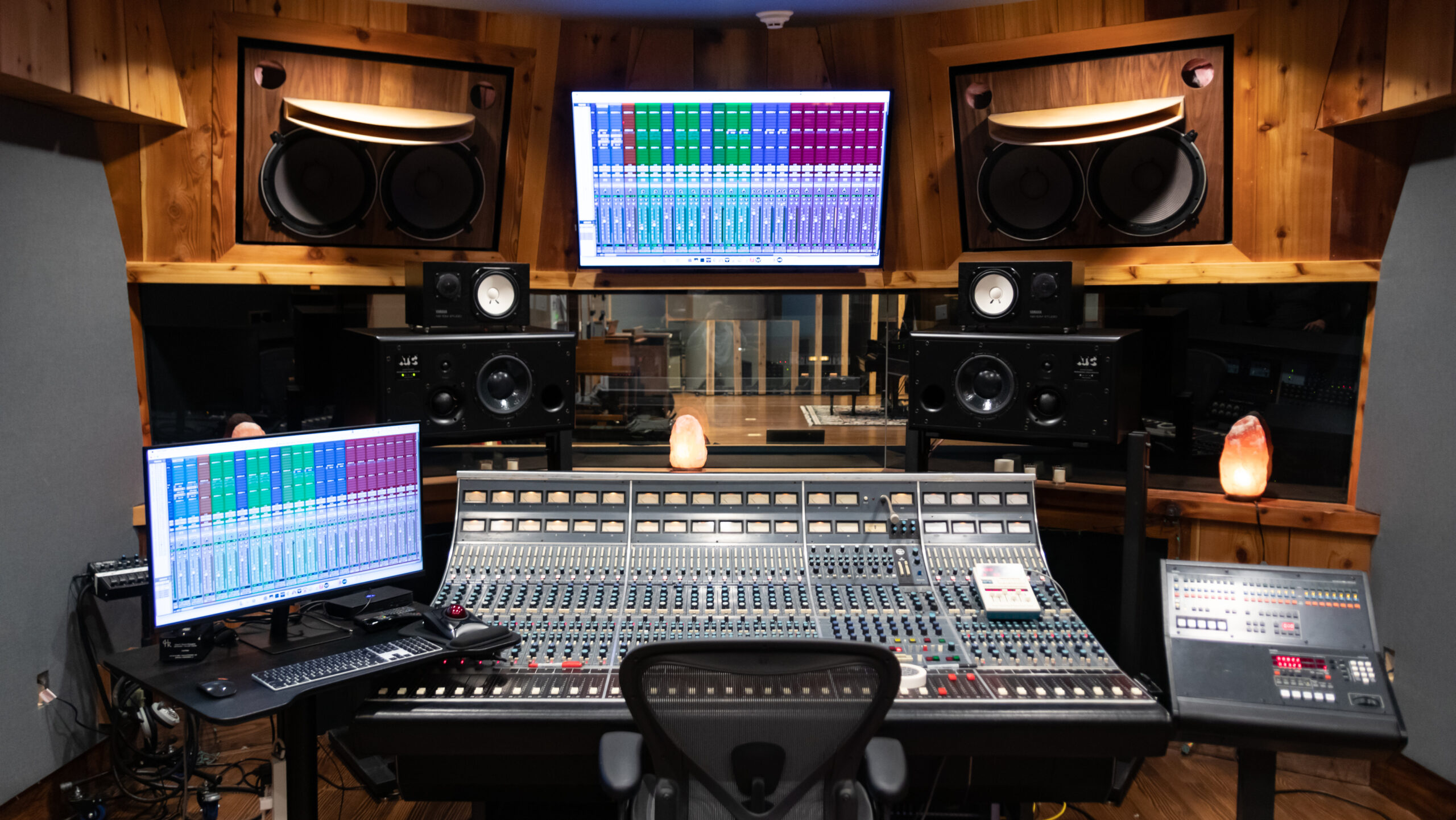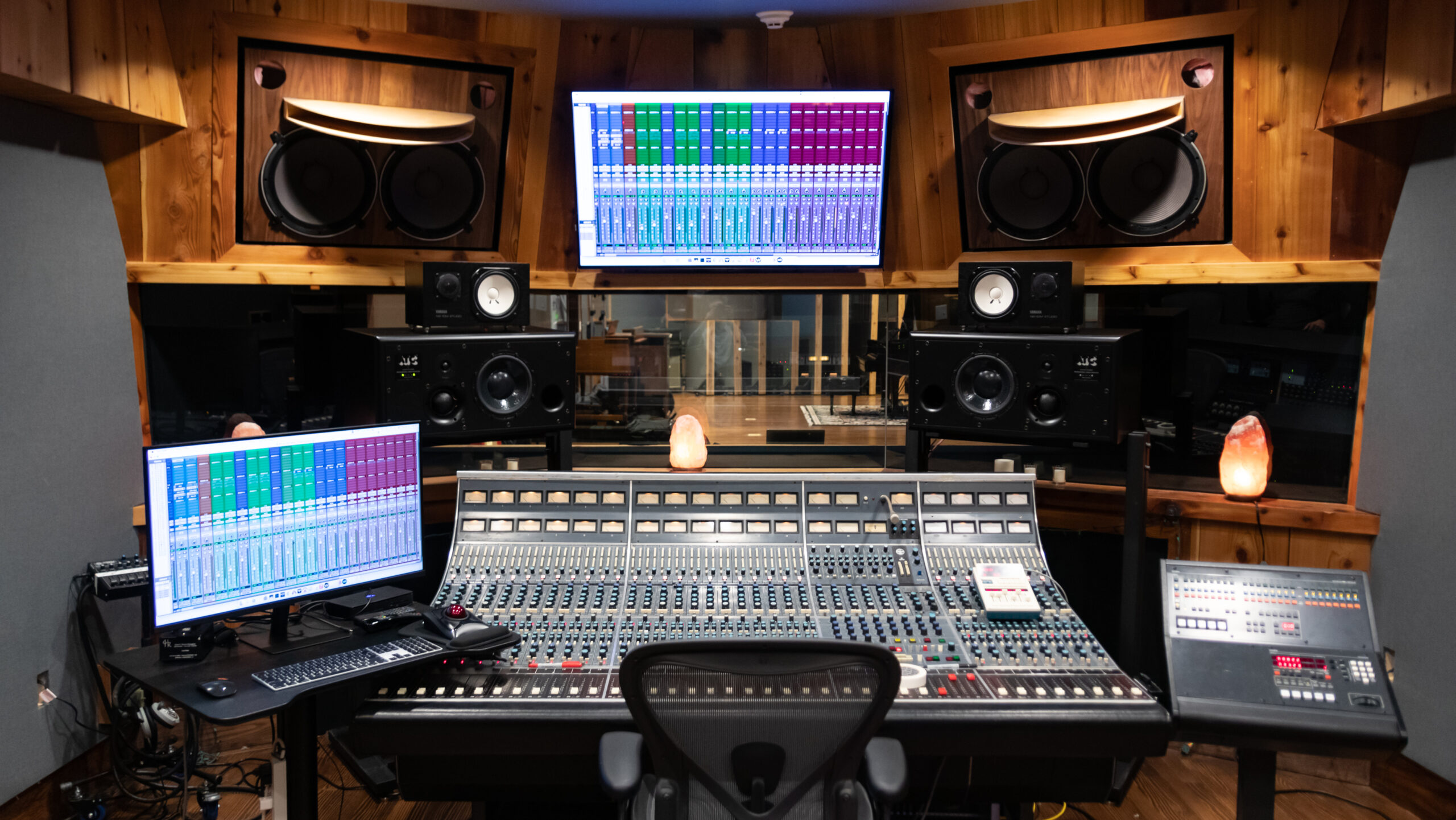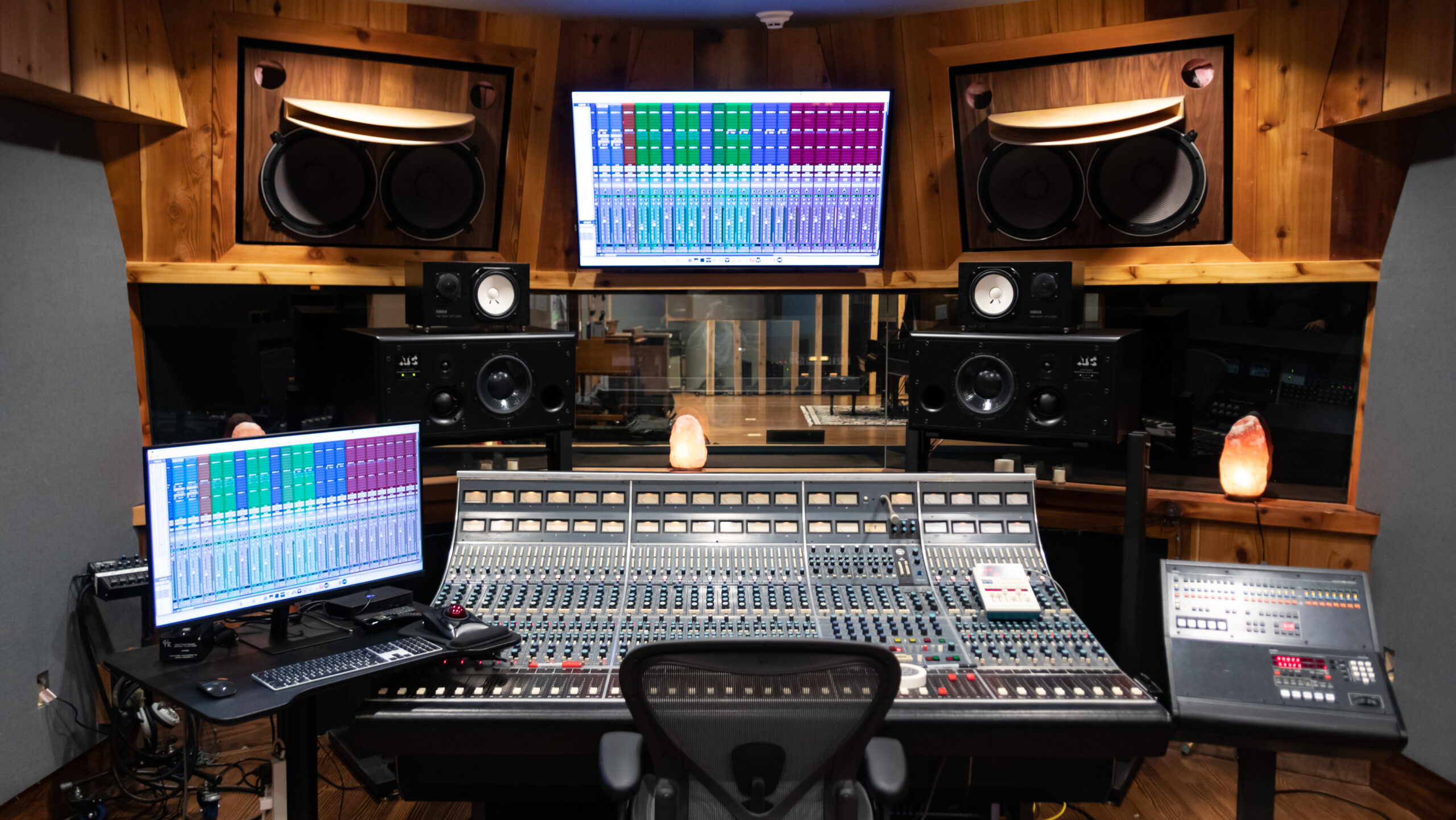The recording industry relies heavily on pristine…
Recording Studio Business Interruption Insurance: Protecting Your Music Business Revenue
The music industry thrives on creativity, but recording studios face unique operational risks that can halt production and devastate revenue streams. When equipment failures, property damage, or unforeseen circumstances force your studio to close temporarily, business interruption insurance becomes your financial lifeline.
What is Recording Studio Business Interruption Insurance?
Business interruption insurance for recording studios is specialized coverage that compensates for lost income when your facility cannot operate due to covered perils. Unlike standard property insurance that covers physical damage, business interruption insurance protects your revenue stream, ongoing expenses, and helps maintain cash flow during closure periods.
This coverage is particularly crucial for recording studios because your business model depends on continuous equipment availability, scheduled recording sessions, and maintaining client relationships. A single equipment failure or property incident can cascade into significant financial losses that extend far beyond repair costs.
Why Recording Studios Need Specialized Business Interruption Coverage
Recording studios operate in a unique business environment that creates specific vulnerabilities:
Equipment Dependency
Professional recording equipment represents substantial investments, often worth hundreds of thousands of pounds. When critical components fail, entire sessions must be cancelled or relocated.
Client Scheduling
Recording artists, bands, and producers book studio time months in advance. Cancellations can damage professional relationships and result in lost future bookings.
Revenue Concentration
Many studios generate significant portions of their annual revenue during peak recording seasons or through major client projects.
Specialized Equipment Lead Times
Replacing or repairing professional audio equipment often requires extended waiting periods for specialized parts or technician availability.
Reputation Sensitivity
The music industry relies heavily on word-of-mouth recommendations. Operational disruptions can damage your studio's reputation and long-term client base.
Common Risks That Trigger Business Interruption Claims
Fire Damage
Electrical fires from high-powered equipment, faulty wiring, or external sources can destroy studios and require extensive rebuilding periods.
Water Damage
Burst pipes, roof leaks, or flooding can damage sensitive electronic equipment and require extensive drying and restoration processes.
Equipment Breakdown
Critical equipment failures, including mixing consoles, recording interfaces, monitors, or HVAC systems essential for proper recording conditions.
Power Outages
Extended electrical outages that prevent recording operations, particularly problematic for studios in areas with unreliable power infrastructure.
Theft and Vandalism
Break-ins targeting expensive equipment can leave studios unable to operate while replacing stolen items.
Structural Issues
Building problems affecting acoustics, electrical systems, or structural integrity that require temporary closure.
Cyber Incidents
Ransomware attacks or data breaches affecting digital recording systems, client files, or booking systems.
What Business Interruption Insurance Covers for Recording Studios
Lost Revenue
Compensation for income you would have earned during the closure period, based on historical earnings and projected bookings.
Fixed Operating Expenses
Coverage for ongoing costs like rent, loan payments, insurance premiums, and utility bills that continue during closure.
Payroll Protection
Salary and wage payments for key employees you retain during the interruption period.
Extra Expenses
Additional costs incurred to minimize business interruption, such as renting temporary equipment or alternative studio space.
Client Retention Costs
Expenses related to maintaining client relationships, including costs to accommodate clients at other facilities.
Extended Period Coverage
Protection for reduced earnings after reopening while you rebuild your client base and return to normal operations.
Calculating Your Coverage Needs
Determining appropriate business interruption coverage requires careful analysis of your studio's financial structure:
Annual Revenue Analysis
Review your gross annual income, including recording sessions, mixing services, equipment rental, and additional revenue streams.
Monthly Operating Expenses
Calculate fixed costs including rent, utilities, loan payments, insurance, and essential staff salaries.
Peak Season Considerations
Account for seasonal variations in recording activity and ensure coverage reflects your busiest periods.
Client Contract Values
Consider the value of long-term contracts or major projects that could be affected by interruptions.
Recovery Timeline
Estimate realistic timeframes for different types of interruptions, from equipment replacement to complete studio reconstruction.
Most insurance experts recommend coverage equal to 12-18 months of gross income for recording studios, given the specialized nature of equipment replacement and client relationship rebuilding.
Industry-Specific Coverage Enhancements
Equipment Breakdown Extension
Specialized coverage for the unique equipment used in recording studios, including vintage or custom-built components.
Data Recovery
Protection for digital recordings, client files, and proprietary audio libraries stored on your systems.
Key Person Coverage
Additional protection if your studio depends heavily on specific engineers, producers, or technical specialists.
Contingent Business Interruption
Coverage for losses when your suppliers (equipment manufacturers, distributors) or major clients face their own interruptions.
Civil Authority Coverage
Protection when government orders prevent access to your studio, such as during public health emergencies or infrastructure failures.
Choosing the Right Insurance Provider
Industry Experience
Select insurers with specific experience in entertainment and music industry risks who understand recording studio operations.
Claims Handling
Research the insurer's reputation for handling business interruption claims, particularly their approach to calculating lost income.
Policy Flexibility
Ensure your policy can adapt to changes in your business model, equipment upgrades, or expansion plans.
Risk Management Support
Look for insurers who offer risk assessment services and loss prevention resources specific to recording studios.
Financial Stability
Choose financially strong insurers with high ratings from agencies like AM Best or Standard & Poor's.
Risk Management Best Practices
Equipment Maintenance
Implement regular maintenance schedules for all critical recording equipment to prevent breakdowns.
Backup Systems
Maintain redundant systems for critical functions, including backup power supplies and duplicate key equipment.
Data Protection
Regular backups of digital recordings and client files, stored both on-site and off-site.
Fire Prevention
Install appropriate fire suppression systems designed for electronic equipment and maintain clear evacuation procedures.
Security Measures
Comprehensive security systems including alarms, cameras, and access controls to prevent theft and vandalism.
Documentation
Maintain detailed equipment inventories, financial records, and client contracts to support potential claims.
Common Policy Exclusions and Limitations
Waiting Periods
Most policies include waiting periods (typically 48-72 hours) before coverage begins, meaning short-term interruptions may not be covered.
Wear and Tear
Gradual equipment deterioration or maintenance issues typically aren't covered under business interruption policies.
Market Changes
Losses due to changes in music industry trends, client preferences, or competitive pressures are generally excluded.
Pandemic Exclusions
Many policies exclude losses from communicable diseases or government-ordered closures related to public health emergencies.
Cyber Exclusions
Some policies may exclude cyber-related business interruptions unless specifically included through additional coverage.
The Claims Process
Immediate Notification
Contact your insurer immediately when an incident occurs, even before the full extent of damage is known.
Documentation
Photograph damage, preserve evidence, and begin documenting all expenses and lost revenue from the interruption date.
Mitigation Efforts
Take reasonable steps to minimize the interruption, such as arranging temporary equipment or alternative recording locations.
Financial Records
Provide detailed financial records showing historical income, current bookings, and projected losses.
Professional Support
Consider hiring public adjusters or accountants experienced in business interruption claims to ensure fair settlement.
Cost Factors
Business interruption insurance costs for recording studios typically range from £800 to £3,000 annually, depending on several factors:
Coverage Limits
Higher coverage limits result in higher premiums, but provide better protection against major losses.
Studio Size and Revenue
Larger studios with higher annual revenues face higher premiums but also greater potential losses.
Location
Studios in areas prone to natural disasters or high crime rates may face higher premiums.
Risk Management
Studios with strong risk management practices and safety measures often qualify for premium discounts.
Claims History
Previous claims can impact future premium costs, emphasizing the importance of risk prevention.
Integration with Other Coverage
Business interruption insurance works best as part of a comprehensive insurance program:
Property Insurance
Covers physical damage to equipment and facilities that often triggers business interruption coverage.
General Liability
Protects against third-party injury or property damage claims from clients or visitors.
Professional Indemnity
Covers errors in recording services or advice that could lead to client disputes.
Cyber Liability
Specialized coverage for data breaches, ransomware, and other cyber threats affecting digital operations.
Key Person Insurance
Additional protection if your studio depends heavily on specific individuals.
Conclusion
Recording studio business interruption insurance is essential protection for music industry professionals who depend on continuous operations for their livelihood. The specialized nature of recording equipment, client relationships, and revenue streams creates unique vulnerabilities that standard business insurance may not adequately address.
By understanding your specific risks, calculating appropriate coverage levels, and working with experienced insurance professionals, you can protect your studio against the financial devastation that operational interruptions can cause. The relatively modest cost of business interruption insurance provides invaluable peace of mind and financial security for your creative business.
Don't let equipment failures, property damage, or unforeseen circumstances silence your studio's success. Invest in comprehensive business interruption coverage tailored to the unique needs of recording studios, and ensure your music business can weather any storm while maintaining the relationships and reputation you've worked hard to build.
For expert advice on recording studio business interruption insurance and comprehensive coverage solutions, contact Insure24 at 0330 127 2333 or visit www.insure24.co.uk


 0330 127 2333
0330 127 2333
